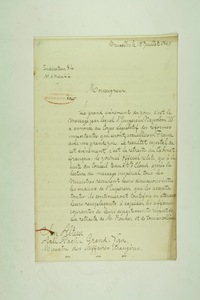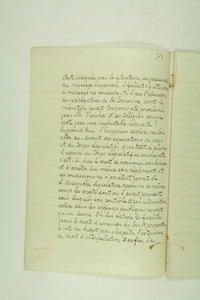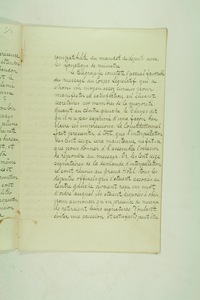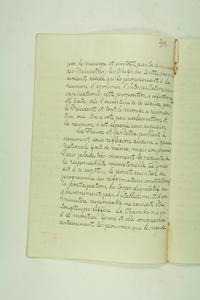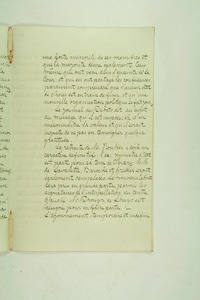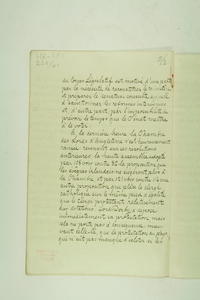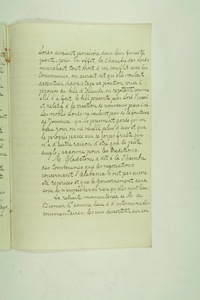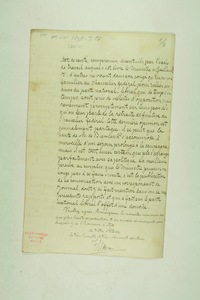Ottoman Diplomats
Letters from the Imperial Legation in Brussels (1849–1914)
Synopsis
French Emperor Napoleon III announced legislative reforms, of which Glavany expects that France would react to with joy. The Official Gazette showed that the French parliament had been dissolved and the ministers had all resigned. Napoleon III declared that he wanted to meet the aspirations of the people and the Legislative Assembly, of which he would acknowledge its sovereignty. Glavany summarizes the multiple new rights the Assembly received, such as the right to make its own rules and regulations, the right to amend bills, etc. He then describes how the Assembly reacted to this news, according to the newspapers Le Télégraphe and Le Temps. Some newspapers (La France and La Patrie) did not give any reflections, while others (Paris and The Times) underlined the importance of ministerial accountability. The new government would mostly consist of members of the centre-left. About Britain, Glavany writes that – apparently much to his relief – the House of Lords voted in favour of the bill concerning the abolishment of state religion in Ireland. In the House of Commons, Gladstone noted that the negotiations about the Alabama Affair had not been resumed yet, but that the government would not prevent them from taking place. About Germany, Glavany mentions Bismarck’s temporary retirement, and the comments it engendered. Bismarck’s interview for a newspaper proved, however, that he did not wish to live the life of a recluse.
Facsimiles
How to cite
If you use this website for your own research, we kindly ask you to mention the following reference in your publications:
Consulted online at Ottoman Diplomats: Letters From the Imperial Legation in Brussels (1849–1914) (2014 Edition), Centre for Political History (PoHis), University of Antwerp, <http://dighum.uantwerpen.be/ottomandiplomats/>.
